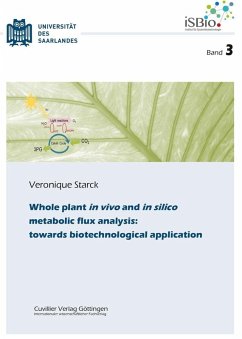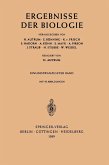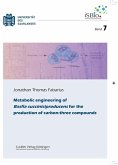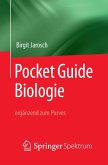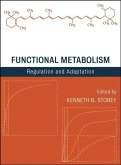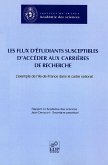In the present work, both in silico and in vivo methods for flux analysis in plants were successfully developed and applied for enhanced understanding of plant physiology. Taken together, the in silico metabolic simulations provide detailed molecular insights into plant functioning, particularly by linking in vivo with in silico data. The knowledge gained from such a systems-biological approach, together with the proposed high potential of plants as biotechnological production platforms, especially for compounds requiring much redox power, will help to establish plants as biotechnological factories. For the first time, the in vivo metabolism of an agriculturally relevant crop, O. sativa, was investigated, through non-stationary 13C-metabolic flux analysis. This allowed elucidation of the in vivo intracellular carbon partitioning in rice plants and of the plants' necessity for futile cycling of resources, thus, contributing significantly to our current knowledge on plant metabolism. In addition, the effect of imazapyr, an industrially relevant herbicide, on rice metabolism was inspected using the newly established workflow. This first real-life case-study provides a valuable proof-of-principle and enabled a deeper understanding of the immediate metabolic effects of the treatment. This method can now be adopted to other crops, cell lines and stress inducers, such as abiotic stresses, herbicides and fungicides, and therefore, has great potential in green biotechnology.
Dieser Download kann aus rechtlichen Gründen nur mit Rechnungsadresse in A, B, BG, CY, CZ, D, DK, EW, E, FIN, F, GR, HR, H, IRL, I, LT, L, LR, M, NL, PL, P, R, S, SLO, SK ausgeliefert werden.

